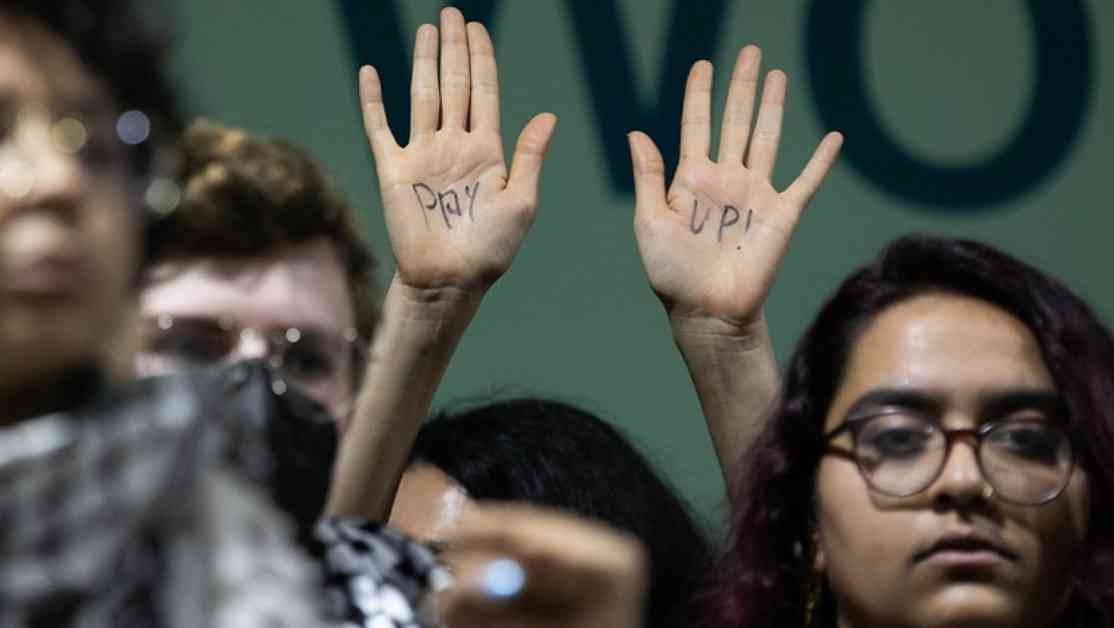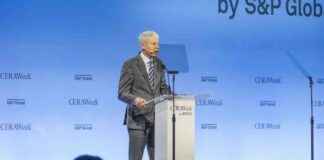COP29 Climate Summit Achieves $300bn Finance Goal, Disappointing Some Nations
In a historic move following intense negotiations, the COP29 climate summit in Baku concluded with a landmark decision to ramp up climate finance, setting a new goal of at least $300 billion annually by 2035 for developing countries. Despite this significant milestone, some developing nations expressed disappointment at what they perceive as an inadequate response to their urgent needs amidst escalating climate challenges.
New $300 Billion Goal for Climate Finance
After heated discussions, the COP29 delegates reached a consensus to replace the previous $100 billion annual target with a more ambitious goal of $300 billion starting in 2026. This new target, focusing on developed nations leading the way in providing financial support and mobilizing private-sector investments, aims to scale up overall financing to a minimum of $1.3 trillion per year by 2035 from all public and private sources.
UN climate chief Simon Stiell hailed the decision as “an insurance policy for humanity” in the face of worsening climate impacts affecting every corner of the globe. Emphasizing the crucial role of timely and full payments to ensure the success of this financial mechanism, Stiell underscored the importance of meeting the funding requirements without delay.
Developing Nations’ Concerns
While the new finance goal represents a significant step forward in global efforts to combat climate change, some developing countries, including India, Nigeria, and Bolivia, raised objections during the summit’s closing plenary. These nations criticized the size of the New Collective Quantified Goal (NCQG) as inadequate and expressed reservations about the reliance on funding from multilateral development banks, which they believe may not adequately address their sustainable growth and safety needs.
Tina Stege, climate envoy for the Marshall Islands, echoed these sentiments, highlighting the urgent need for increased financial support to address the vulnerabilities faced by climate-threatened countries. While acknowledging the initial step taken with the new funding commitment, Stege emphasized the necessity of ensuring that these funds are accessible to those most in need, without unnecessary obstacles hindering their distribution.
EU Commissioner’s Optimism and Compromises
In contrast, EU climate commissioner Wopke Hoekstra praised COP29 as the beginning of a new era for climate finance, emphasizing the ambition, necessity, and achievability of the agreed-upon goals. Hoekstra’s positive outlook on the outcome of the summit reflected a sense of optimism regarding the potential impact of the financial commitments made by participating nations.
Throughout the negotiations, compromises were made to address the concerns of both developed and developing countries, leading to a balanced agreement that aims to bridge the gap between available funding and the growing climate challenges faced by vulnerable regions. Despite some reservations and criticisms, the overall consensus reached at COP29 lays the foundation for future collaboration and action on climate finance at the international level.














